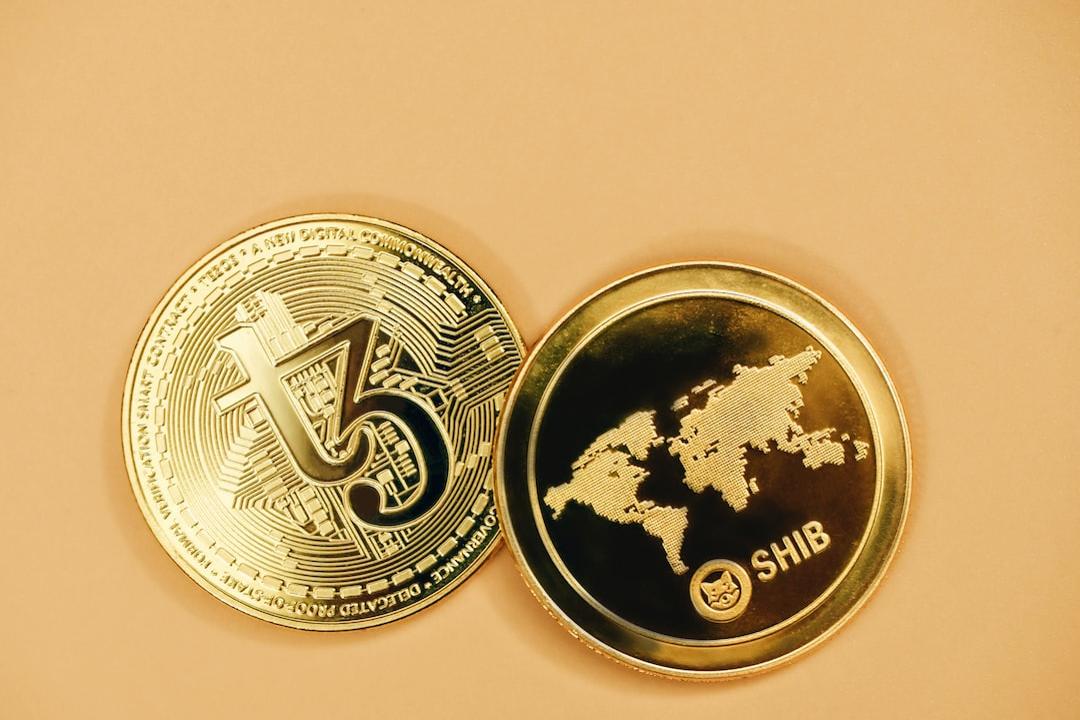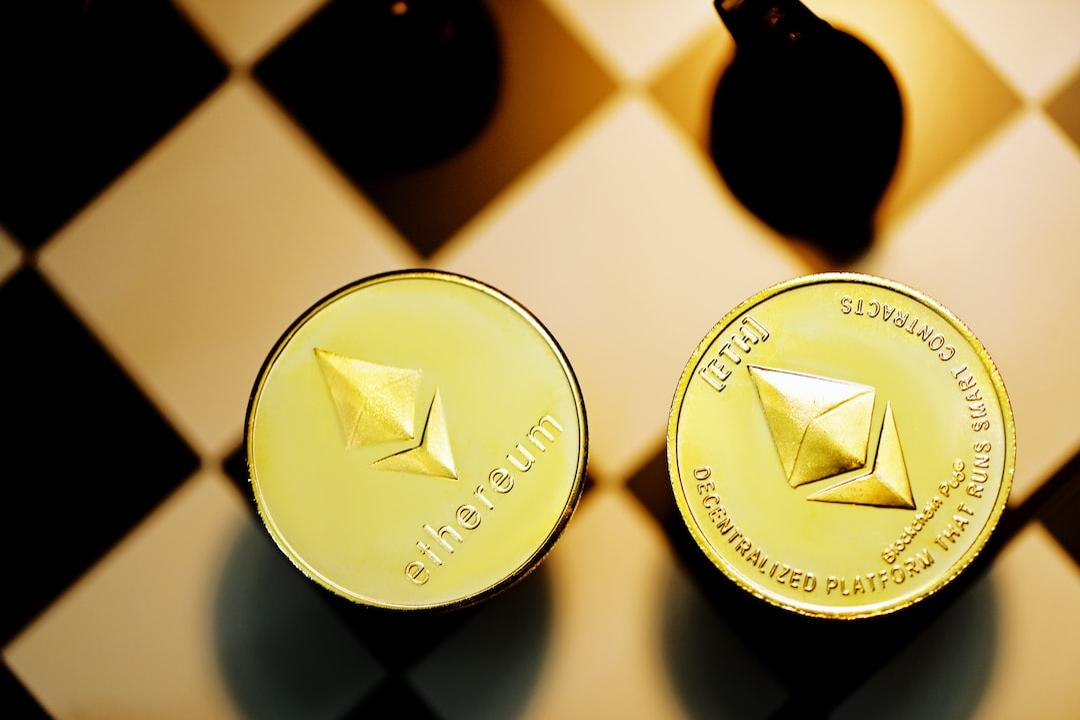The Solana ecosystem’s PayFi is expanding into cross-border payments, creator monetization, business lending, and subscription payments.
(Background information:
The Singapore Solana conference Breakpoint has concluded! Meme coin BONK hints at launching a spot ETF?)
(Additional context:
Vitalik spotted with Solana Saga phone? The truth is that it’s the strongest AI phone designed in Taiwan)
Article Contents
Sanctum: Creator Monetization and Cross-Border Payments
DePlan: Changing Traditional Subscription Billing Models, Supporting Payments Based on Actual Usage
Huma Finance: Cross-Border Payments and Business Lending
Kast: Cross-Border Stablecoin Payments
Fuse Wallet: Cross-Border Stablecoin Payments
Users in the Solana ecosystem should be familiar with the concept of PayFi, which has been a recurring topic discussed by Lily Liu of the Solana Foundation at industry conferences this year. At the recent Solana Breakpoint conference, PayFi remained a focal point of the Solana ecosystem, with several PayFi concept projects announcing their latest developments and participation opportunities.
Simply put, PayFi leverages blockchain technology to innovate payment systems, achieving a more efficient and cost-effective transaction experience. The core of PayFi emphasizes the time value of money. In layman’s terms, today’s money is more valuable than future money because today’s money can be immediately used for investment, consumption, or savings, potentially generating more returns in the future. Future money, however, incurs opportunity costs due to the waiting period before use and is subject to inflation risks and other uncertainties, thus diminishing its value. PayFi aims to help users maximize the time value of money.
Understanding the future value of PayFi might still be challenging based solely on its definition and vision. However, insights from the Solana Breakpoint conference reveal that some PayFi projects are primarily focusing on cross-border payments, creator monetization, business lending, and subscription payments. Nevertheless, most PayFi concept projects still have high participation thresholds, requiring KYC and facing compliance issues.
Sanctum, Solana’s liquid staking protocol, has launched two new PayFi products, namely “Creator Coins” and “Cloud Card.” According to their official Twitter, “Creator Coins” is an innovative digital currency solution that allows organizations and individuals to create, develop, and monetize their communities without permission.
From the decline of Mirror to the soft rug of Friend Tech, creator tokens have almost been proven unsustainable. What distinguishes Sanctum’s “Creator Coins”? Firstly, the creator tokens using the “Creator Coins” solution are also LST tokens based on SOL. According to the introduction provided in Sanctum’s “Creator Coins” registry, creators can establish their own community “Creator Coins” with just 1 SOL. Each token is supported by Sanctum’s unified liquidity layer, with each creator token maintaining a 1:1 exchange rate with SOL.
Furthermore, for every creator token held by a creator’s supporter, the creator can earn approximately 1 USD. “Creator Coins” will change traditional membership subscription models, allowing users to enjoy benefits without needing a subscription. Creators can use their community creator tokens to offer various benefits to community users.
As explained by @umang_veerma, a builder behind the loyalty program for Creator Coin, creators can provide three types of benefits to community users:
Collaborating with Solana Mobile to offer discounts to the largest holders of their LST (creator tokens) at checkout on Shopify;
Some entertainment content creators can grant exclusive access to TG groups for their LST community members;
Art creators can airdrop works to LST holders.
The creators mentioned with “Creator Coins” are not limited to artists and influencers creating value through entertainment or social media but also include professionals from various fields such as scientists, teachers, entrepreneurs, and inventors. The first use cases for “Creator Coins” focus on the healthcare sector. For example, the world’s first neuro-scientifically developed energy drink, flojo, launched flojoSOL to help the flojo team build a loyal community and directly sell their energy drink, eliminating middlemen.
Another use case for “Creator Coins” is healthSOL, provided in collaboration with community member @bengshark, which offers free blood tests and medications to individuals with medical needs globally to facilitate early disease detection. healthSOL carries a certain philanthropic significance, allowing community users to expand the global clinic network and save lives around the world.
Sanctum has stated that the “Creator Coins” program will launch in the coming weeks, with registration channels already open. Sanctum has also launched another PayFi product, the SOL Cloud Card “Cloud Card,” in collaboration with BasedApp and Jupiter, which will allow users to use SOL and stablecoins in over 100 countries/regions. Sanctum mentioned that the user experience of the “Cloud Card” will differ significantly from regular cloud cards, but specific details of the differences have not been disclosed. This card is set to launch in the fourth quarter of this year, with early registration already available. Additionally, “Creator Coins” will also have use cases within the “Cloud Card.”
According to DePlan’s official introduction, the launch of DePlan 2.0 on Solana aims to address the pain points of traditional subscription models. It supports payment based on usage intensity and offers a pay-per-use model. Under traditional subscription models, consumers are often forced to pay monthly or yearly fees to access subscription content, but many users rarely utilize these membership benefits after subscribing.
By using DePlan’s payment solution, users can avoid these unnecessary payments. When users create an account on DePlan, a Solana wallet is automatically generated to record transactions. Each time users interact with paid subscription products, interaction data is logged. DePlan can record users’ usage intensity and provide corresponding proportional payment plans, with payment due at the end of each month. At the end of the month, users will receive a comprehensive subscription bill, and funds will be automatically distributed to the consumed products via smart contracts. If some subscription content has not been used at all, no payment is necessary.
From Huma Finance’s recent presentations and interviews at Solana Breakpoint, it is known that Huma Finance, focusing on PayFi, originally launched on Polygon but recently announced plans to launch on Solana and Stellar around October. Huma allows businesses and individuals to access global investors on-chain and borrow against future income, while also providing accounts receivable purchasing features. Huma’s PayFi network primarily targets the multi-trillion dollar commercial payments, trade financing, and remittance scenarios. In April of this year, Huma acquired the liquidity and settlement platform Arf to enhance the adoption of tokenized assets. Currently, Arf is also Huma’s core application.
Arf can provide short-term loans to financial institutions globally. Currently, Arf’s bad debt rate is 0, generating annualized returns of 20% for institutional lending, with funding costs around 12% to 13%. Thus, Arf provides investors with low-risk returns of over 10%, exceeding returns from US Treasury securities by approximately 7%. Additionally, Arf itself can maintain a gross profit margin of 8% to 10%. In cross-border transfers, Arf addresses the prepayment issues through blockchain and stablecoins.
For instance, traditional payment channels like Swift are costly and time-consuming, while Arf enables fast transfers from point A to point B using stablecoins, significantly reducing the capital pressure. Arf has integrated Circle’s USDC to optimize the transfer process. Currently, Arf has processed nearly 2 billion USD in on-chain transactions, with the actual lending scale around 20 million USD. Arf aims to increase its lending scale to 80 million to 100 million USD by the end of this year and reach 200 million to 250 million USD next year.
According to Huma Finance founder Richard Liu’s roadmap, Huma Finance will also launch new products such as the “T+0 Settlement System” in the upcoming quarters. The T+0 settlement service aims to enable same-day settlement, whereas many places can currently only achieve “T+1 settlement,” meaning settlement occurs the next day.
Huma Finance will also expand its decentralized plans for DePIN finance and platforms. Kast is a payment card supporting cross-border consumption stablecoins, covering over 100 countries/regions. Users can download the Kast app from Google Pay and the Apple Store. At the Solana Breakpoint conference, Kast launched four tiered payment cards exclusive to the Solana ecosystem: Solana Card (Free), Solana Illuma (10 SOL), Solana Gold (50 SOL), and Solana Solid (250 SOL), with each tier corresponding to different costs and benefits.
Overall, using the Solana card on Kast, users can enjoy 0 commission fees, staking SOL annual yield benefits, cashback on spending, and KAST points. For example, the lowest tier free virtual card offers benefits of earning 3-5% KAST points on all spending in 2024; staking SOL’s APY can increase by 3.5-7%. The highest-tier Solana Gold Card is limited to 100 slots and requires 250 SOL for purchase, but offers benefits including earning 12-18% on all spending in 2024 and an APY increase of 14% to 21% on staked SOL.
The Solana ecosystem’s smart wallet Fuse Wallet has announced a collaboration with Bridge to launch Fuse Pay. Fuse Pay integrates Visa virtual cards, allowing users to make stablecoin payments and purchases. Fuse Pay utilizes Squads Protocol’s smart accounts to ensure that users’ credit cards are fully self-custodied. Fuse Pay is currently targeted at users in the United States and will expand to more countries and regions later this year.


Related Reports
Web3 Booking Platform Travala “Integrates Solana”: Earn 10% Cryptocurrency Cashback on Future Flight and Hotel Bookings
New Solana Phone Seeker Unveiled, Can It Also Be Bought with Airdrops?
MakerDAO Generously Offers: 2 Million SKY Rewards Weekly, Accelerating Cross-Chain Solana via Wormhole


